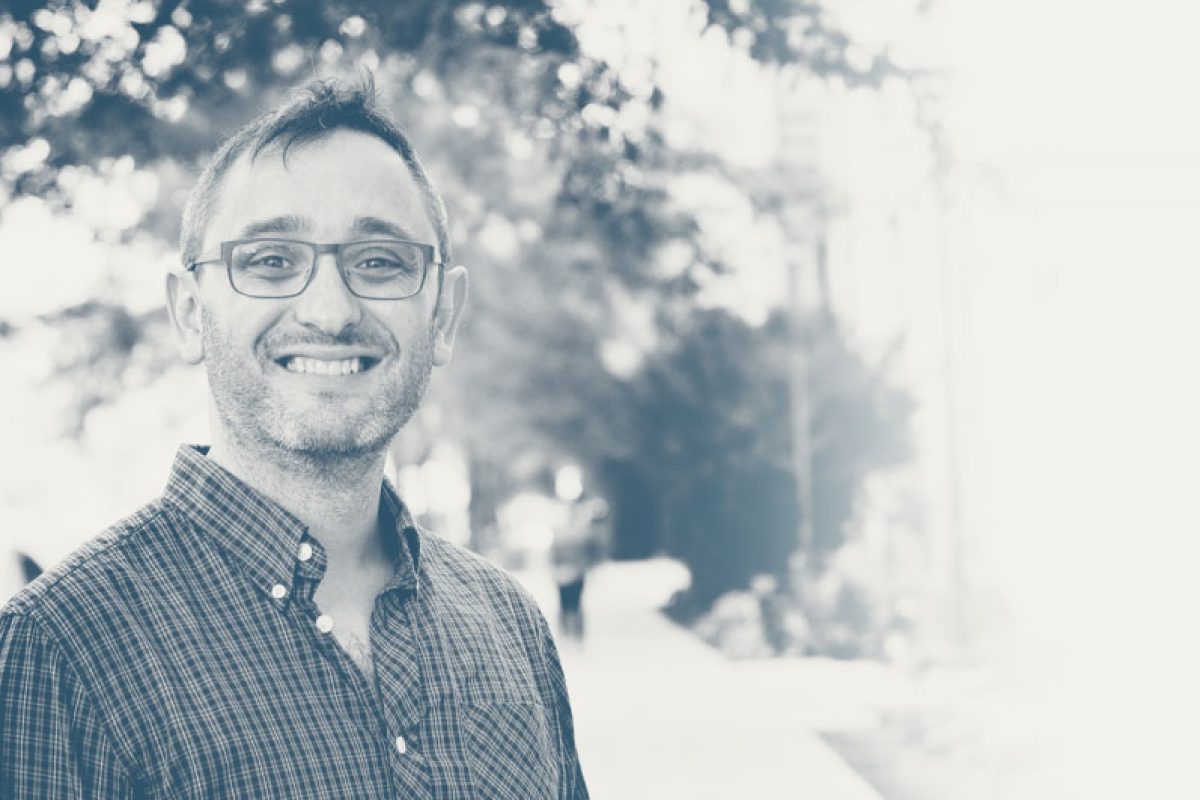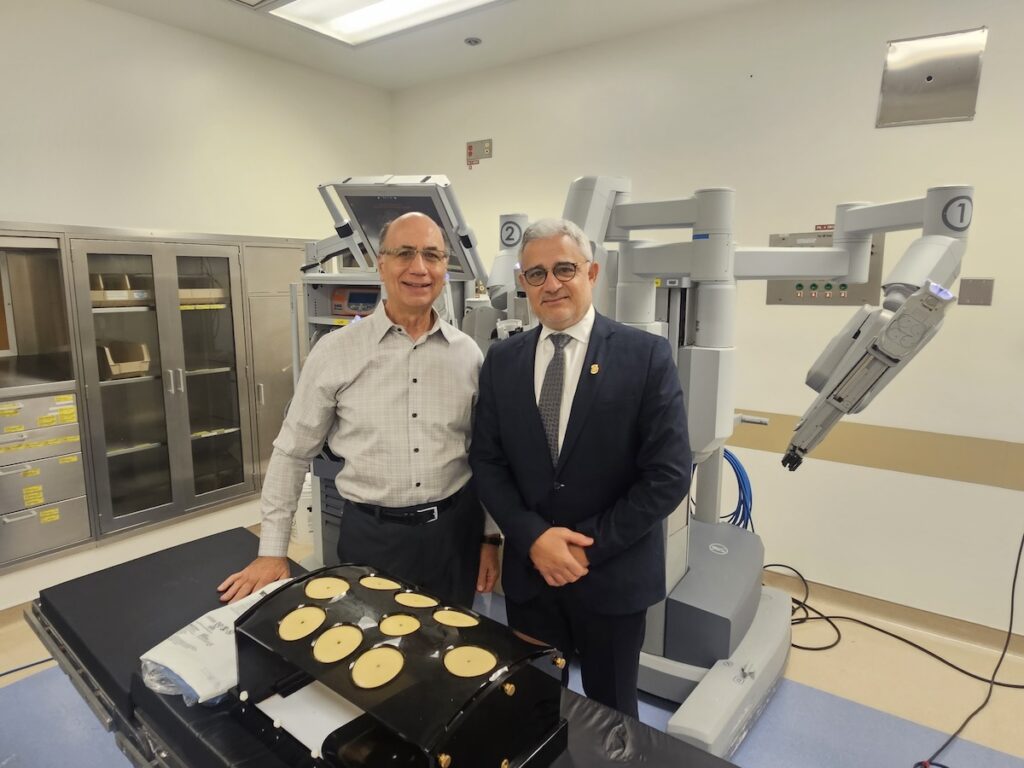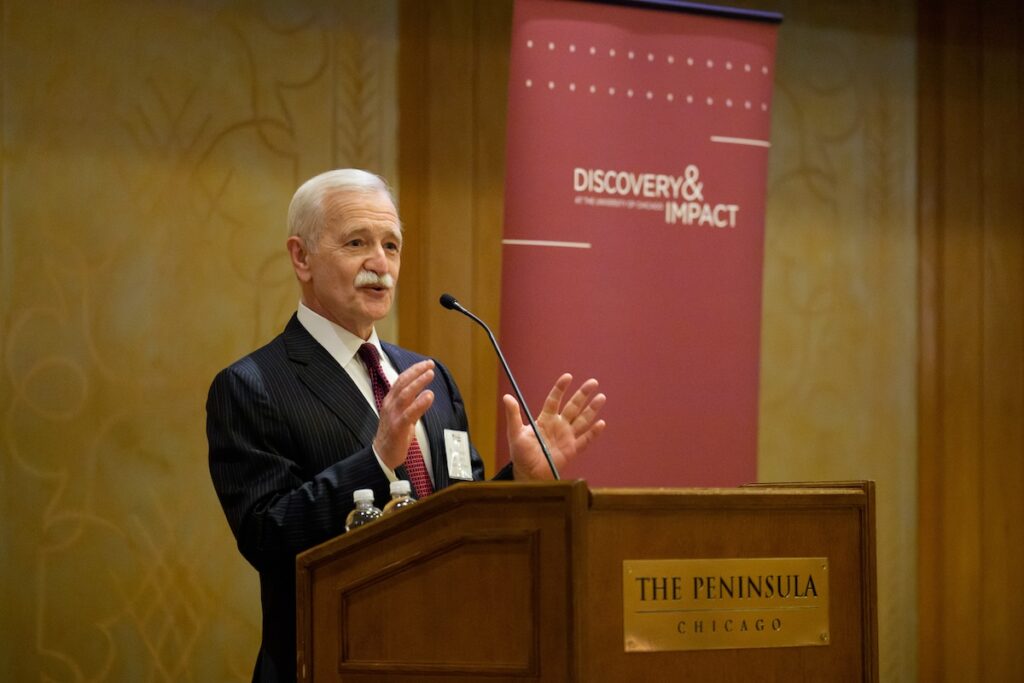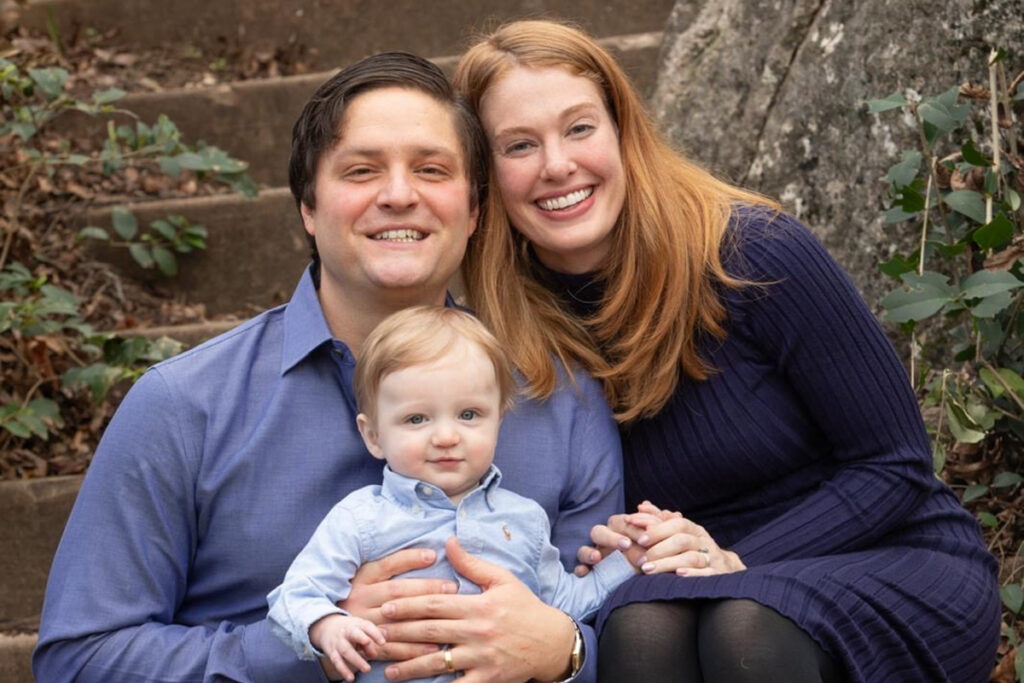When Lev Becker was four years old, his mother taught him how to play chess, and he won—again and again.
Becker began learning to play chess in the early 1980s around the same time his family immigrated to Canada from the former Soviet Union, a region where chess is especially popular.
After repeatedly winning games against his mother, Becker’s parents decided to sign him up to play in children’s chess tournaments. But Becker kept beating the kids, too, so he started playing adults.

“They would set up 20 chess boards in a mall, and I would go from board to board, playing everyone,” Becker said. “Sometimes, I would be blindfolded. You don’t really need to see the board to play, as good chess players are able to keep the three-dimensional image in their heads.”
By age 12, Becker reached the level of chess expert, ranking him among the top five percent of chess players competing in tournaments in Canada.
Around this time, Becker’s parents had a decision to make: cut back on their son’s education to pursue a career as a professional chess player, dedicating four to six hours a day to studying chess strategy, or put a pause on his chess-playing aspirations. They chose the latter.
“If we were living in Russia, I probably would have become a professional chess player,” Becker said. “As the TV show The Queen’s Gambit showed, in Russia, chess tournaments are black-tie affairs. But in Canada, they’re less formal; people play in jeans. My parents recognized that even the most successful chess players in Canada were not making a very good living.”
From chess prodigy to scientific innovator
Becker went on to apply the complex analytical thought honed through years of playing chess to scientific research.
“What chess and science have in common is that you are presented with incomplete information,” Becker said. “You need to strategically determine the best course of action by thinking into the future.”
Like plotting out your next moves in a chess game—without knowing how your opponent will respond—developing a scientific experiment involves considering all possible outcomes while working off a hypothesis.
Today, as an associate professor in the Ben May Department for Cancer Research, Becker studies macrophages―immune cells that are the first line of defense against foreign viruses, bacteria, or other invaders. He and his team apply their understanding of these cells to a broad spectrum of diseases—from cancer to cardiovascular disease to diabetes—and seek to translate this knowledge to develop new therapies.
“At the University of Chicago, you’re exposed to a diverse group of outstanding scientists, which opens the door to collaborate with people across different disease areas and technologies,” Becker said. “Combining the efforts of scientists with different expertise to generate synergy is not unlike the way a good chess player uses different pieces—each with their own strengths and weaknesses—to achieve an outcome that would otherwise be impossible.”
Through this collaborative approach, Becker and his colleagues have made important discoveries, including shedding light on a 90-year-old mystery in cancer biology and discovering obesity’s role in tumor formation.
From bench to bedside
Becker has launched three startup companies to bring his discoveries from the research lab to patients. With support from the Polsky Center for Entrepreneurship and Innovation at the University of Chicago, he launched Onchilles Pharma, which is studying a molecule that has been shown to kill cancer cells irrespective of their genetic abnormalities, while also being non-toxic to non-cancerous cells. The team is currently engineering the molecule to optimize its efficacy across various cancer types.
In fall 2020, Becker launched another startup, MacroLogic, a nanodevice company cofounded with Yamuna Krishnan, PhD, professor of chemistry.
“With MacroLogic, we’re developing a device that selectively delivers drugs to macrophages for the treatment of many diseases, including cancer,” Becker said. “This not only increases the drug’s efficacy by targeting their pathway, but also decreases potential side effects that can result from the drug hitting other cell types in the body.”
He is grateful for the philanthropic support he has received, which has allowed him to advance the foundational research that makes new therapies possible. This includes a 2021 commercialization award from the Duckworth Family Cancer Fund at UChicago Medicine, a Janet Rowley Discovery Fund Award, and a J. Clifford Moos Award. He is also the recipient of two awards from the Cancer Research Foundation: a 2014 Young Investigator Award and a 2020 Fletcher Scholars Award.
“Dr. Becker’s novel ideas, out-of-the-box thinking, and innovative approaches to cancer set his work apart,” said Alexandra “Zanna” Nikitas, chair of the Cancer Research Foundation Board. “The science he is pursuing is exactly the kind of high-risk, high-reward research the foundation was created to support.”
Becker has been able to leverage such support to gain additional funding. Today, his work is funded by the National Cancer Institute, National Institute of Diabetes and Digestive Kidney Diseases, and National Heart, Lung, and Blood Institute.
“Philanthropy has played a vital role in helping to advance and validate my early-stage research,” Becker said. “It allows me to explore new ideas and gather sufficient data to garner large-scale federal and venture capital funding—with the ultimate goal of bringing new discoveries to benefit patients around the world.”
He suspects that much of his success ties back to his early days playing chess.
“I think managing a large number of collaborations and holding lots of complex information in my head are skills that I probably acquired years ago through playing chess,” Becker said. “By applying these skills in the world-class environment at the University of Chicago, I hope to one day impact the lives of many people.”
To learn more about how you can support the innovative research led by Dr. Becker, contact Lisa Sharpe at lsharpe@mbsd.uchicago.edu.




